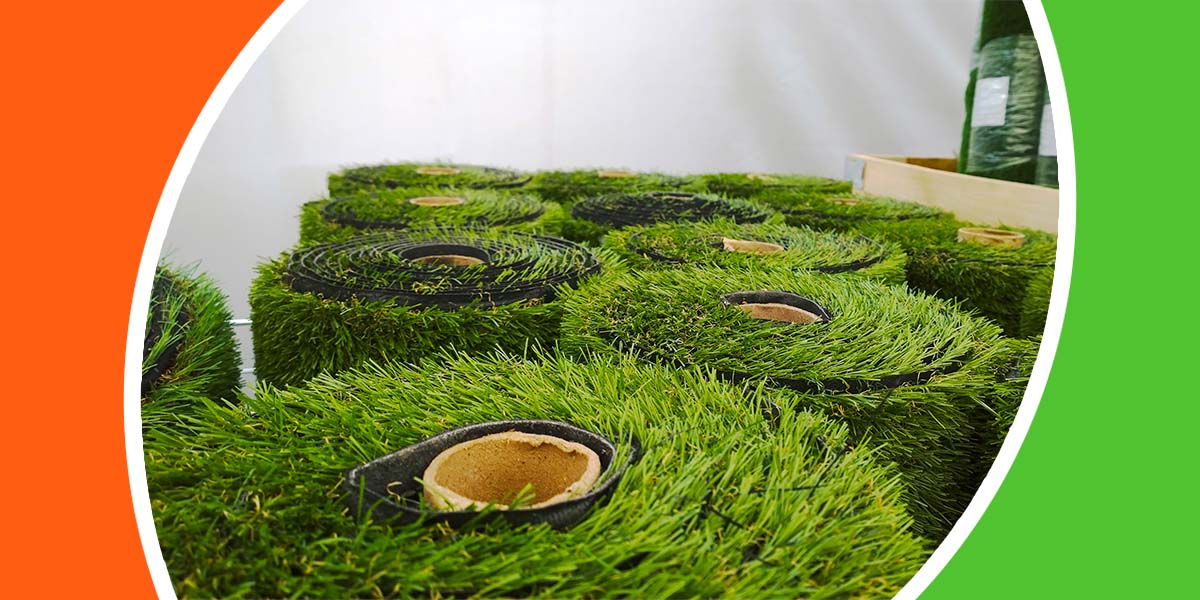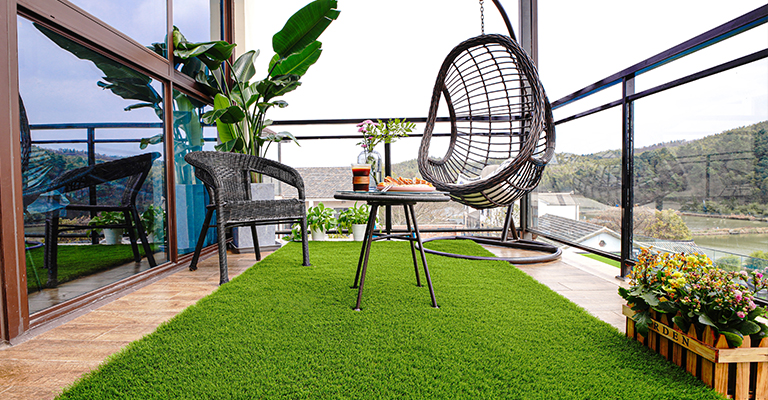Highly-Ranked Phoenix Turf Companies Providing Synthetic Grass Solutions
Highly-Ranked Phoenix Turf Companies Providing Synthetic Grass Solutions
Blog Article
Look Into the Environmental Conveniences of Opting for Artificial Lawn Solutions
The adoption of man-made lawn services provides an engaging possibility to deal with pressing environmental difficulties. By significantly minimizing water use and minimizing the application of damaging chemicals, these choices not just advertise sustainable landscaping but likewise secure neighborhood ecosystems.
Water Conservation Perks
One of the most considerable advantages of artificial lawn is its capability to save water. In contrast, synthetic grass does not require watering, significantly decreasing the overall demand for water resources.
By removing the need for regular watering, synthetic grass adds to sustainable landscape techniques and assists alleviate the ecological impact of extreme water intake. The conservation of water prolongs to the reduction of overflow, which can lead to dirt disintegration and river air pollution.
Additionally, the setup of man-made lawn permits municipalities and property owners to allocate water sources more efficiently, focusing on important uses such as drinking water and agriculture. The shift towards synthetic grass not only advertises responsible water use yet additionally lines up with wider environmental goals targeted at maintaining all-natural resources.
As communities progressively focus on sustainability, the water conservation benefits of synthetic grass provide a compelling instance for its fostering in residential and business landscape design jobs.
Minimized Chemical Usage
The change to fabricated grass considerably decreases the dependence on chemical therapies typically used in all-natural turf upkeep. Standard turf monitoring commonly includes the application of chemicals, fertilizers, and herbicides to promote development and control bugs. These chemicals can pose threats to human health and wellness, local wild animals, and the atmosphere, adding to soil and water contamination.
On the other hand, artificial grass eliminates the requirement for these harmful compounds. As soon as installed, it needs marginal upkeep, mainly being composed of routine cleansing and infrequent infill replenishment. This reduction in chemical usage not just profits the immediate atmosphere however additionally adds to wider eco-friendly security. By minimizing the release of artificial substances into the ecological community, fabricated grass advertises much healthier soil and water systems.
Moreover, the lack of chemical runoff connected with synthetic turf setups helps safeguard regional waterways from air pollution, sustaining water life and preserving biodiversity. Arizona artificial turf. As areas significantly focus on sustainable methods, selecting synthetic turf offers a sensible remedy that lines up with environmental conservation objectives. With this shift, building proprietors can delight in lush green rooms without jeopardizing environmental health and wellness, leading the way for an extra lasting future
Reduced Carbon Footprint

Additionally, the installation of synthetic grass can lead to significant water conservation. Natural grass require considerable amounts of water for watering, which not just adds to the carbon footprint connected with water removal and treatment but likewise pressures neighborhood water resources. On the other hand, synthetic grass requires minimal maintenance, needing no watering, therefore considerably minimizing water use and its linked power costs.
Additionally, the durability of synthetic grass contributes to its lower carbon impact. With a lifespan of up to 15 years or more, the demand for constant substitutes is lessened, causing much less waste and reduced energy usage in manufacturing and taking care of typical yard choices. On the whole, fabricated lawn offers a lasting alternative for ecologically mindful landscape design.
Habitat Preservation
Habitat preservation is a vital consideration in the argument over landscaping choices, especially when comparing artificial lawn to all-natural lawn. All-natural turf lawns often require substantial upkeep, consisting of using herbicides, chemicals, and fertilizers, which can detrimentally impact local ecosystems. These chemicals can seep into the dirt and try here rivers, hurting native plants and fauna and disrupting local habitats.
On the other hand, synthetic grass provides a possibility to reduce the ecological impact use this link of landscaping. By selecting artificial turf, property owners can minimize the interruption of all-natural environments related to typical lawn treatment methods. Synthetic grass removes the need for harmful chemicals, therefore safeguarding close-by wild animals and maintaining the integrity of surrounding ecological communities. The installation of synthetic lawn can lead to the conversion of former lawn locations right into more biodiverse landscapes, such as pollinator yards or indigenous plant locations, which can sustain neighborhood wildlife.
Ultimately, the shift to synthetic grass not just preserves water and lowers upkeep efforts but also cultivates an extra unified partnership in between human tasks and the native environment, promoting habitat conservation while doing so.
Long-Term Sustainability
Long-lasting sustainability is a vital consider evaluating the benefits of synthetic grass over conventional turf lawns. Among the most significant benefits of fabricated grass is its sturdiness; it can last up to 15-20 years with minimal upkeep, whereas natural yard needs regular reseeding and replacement. This long life decreases the demand for continuous resources, such as water, plant foods, and pesticides, which are crucial for preserving a healthy grass lawn.
In addition, synthetic turf contributes to a reduction in carbon exhausts related to grass treatment equipment. Typical lawns usually need gas-powered lawn mowers, leaners, and blowers, all of which contribute to air contamination. Turf installation phoenix az. In contrast, synthetic grass eliminates the requirement for such tools, advertising a cleaner atmosphere
Moreover, the production of synthetic grass progressively makes use of recycled products, enhancing its sustainability account. As manufacturers adopt green practices, the environmental footprint of man-made grass remains to reduce.

Final Thought
The adoption of man-made grass options offers substantial ecological benefits, including significant water preservation, lowered reliance on dangerous chemicals, and a lower carbon impact. Furthermore, synthetic grass aids in maintaining all-natural environments by lessening land disturbance and promoting long-term sustainability via using sturdy products. Collectively, these elements emphasize the capacity of synthetic turf to add positively to environmental wellness and use a practical choice to standard landscaping techniques in a progressively resource-conscious world.
In comparison, synthetic lawn does not need watering, significantly lowering the general need for water resources. By decreasing the release of artificial compounds right into the community, fabricated turf advertises healthier dirt and water systems.
Furthermore, the pop over here setup of artificial grass can result in substantial water conservation. In comparison, artificial grass requires minimal maintenance, calling for no watering, thus dramatically lowering water use and its associated energy prices.

Report this page